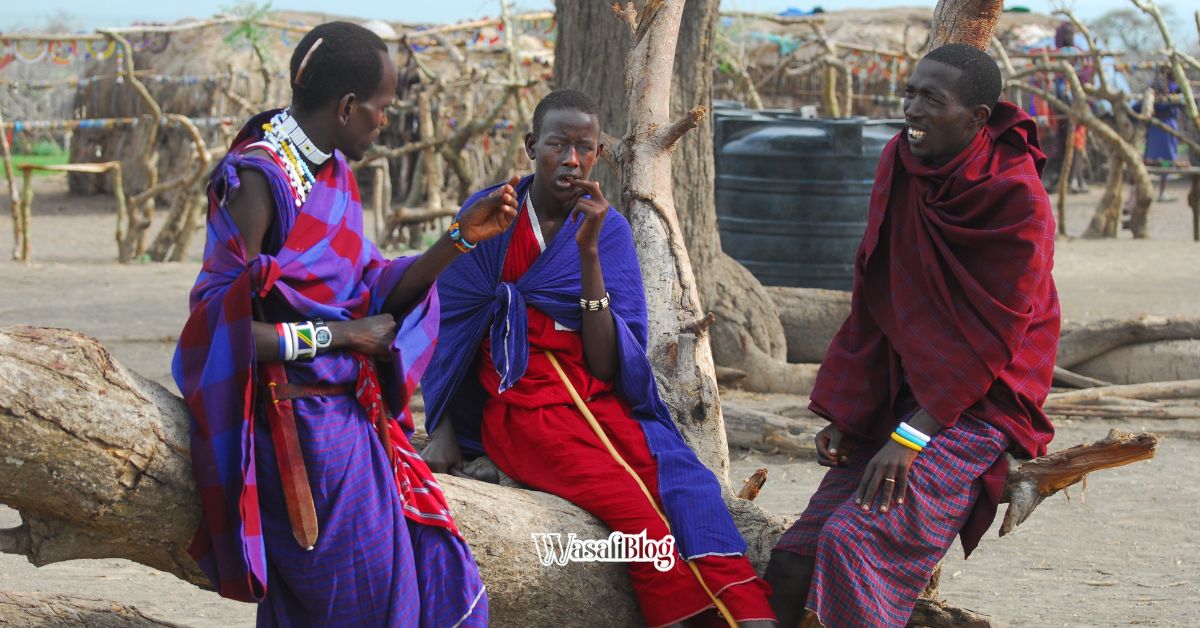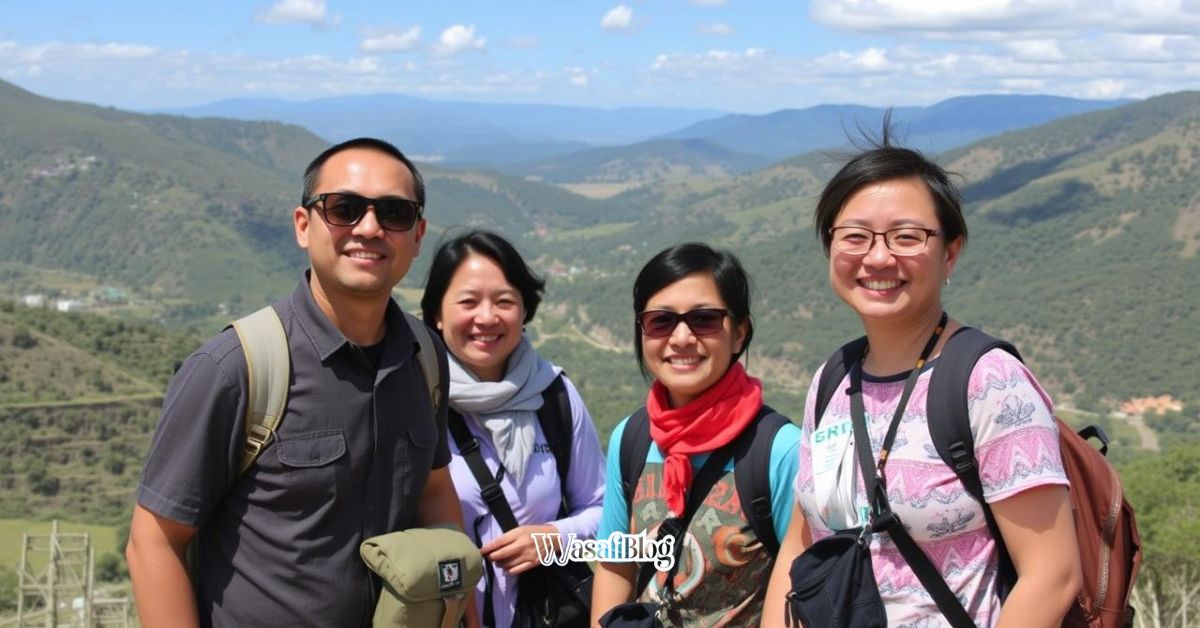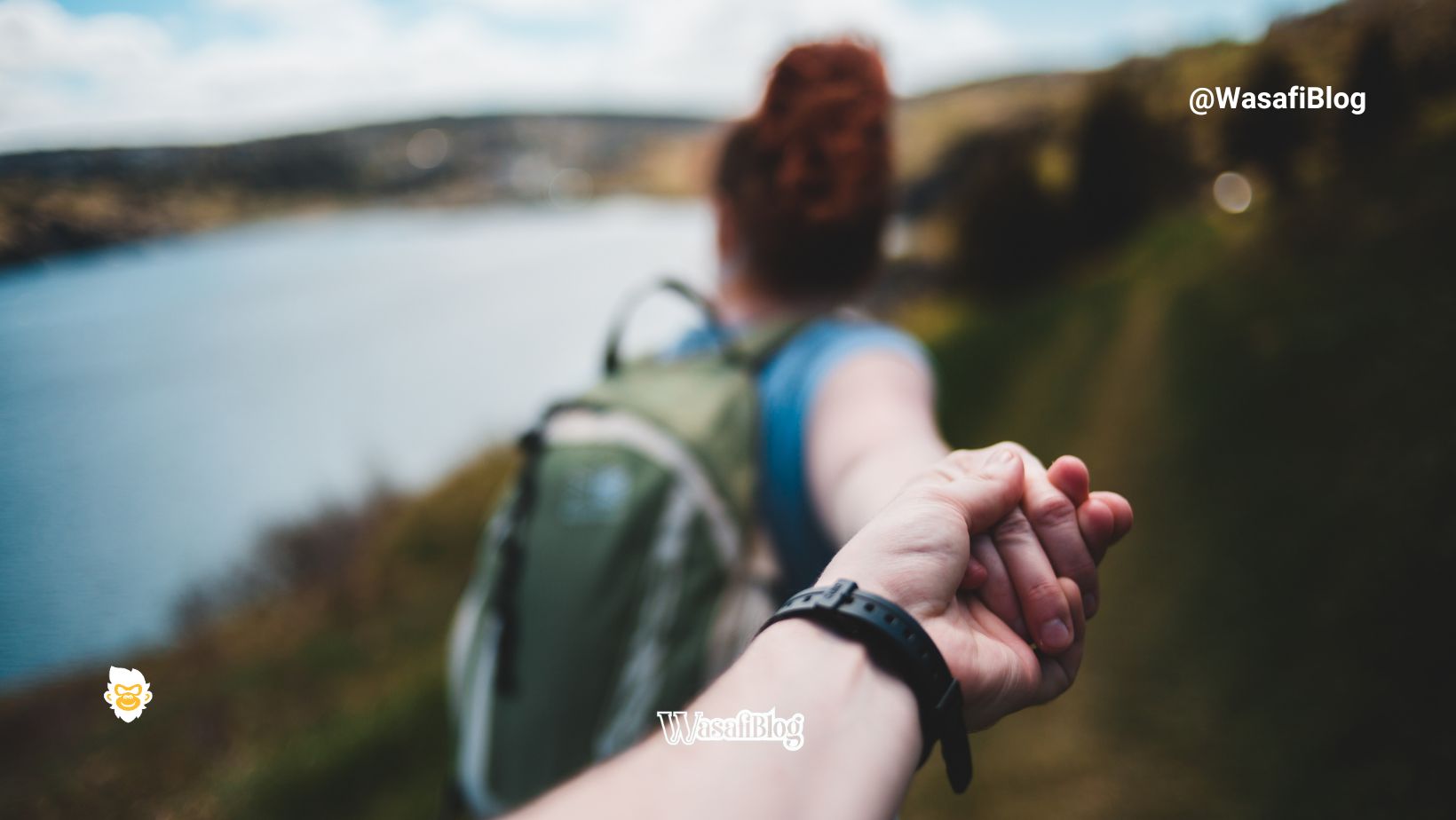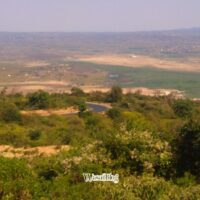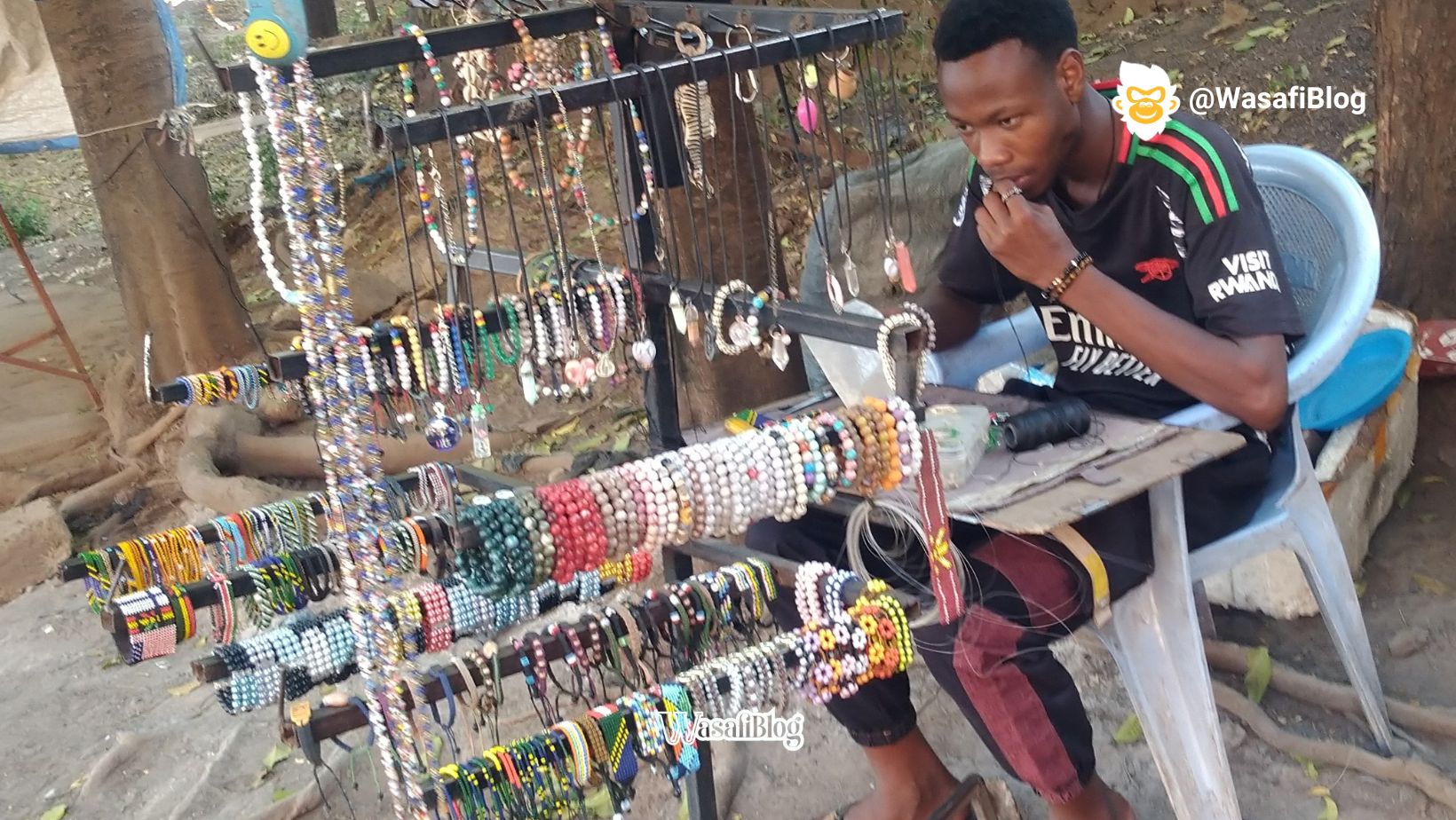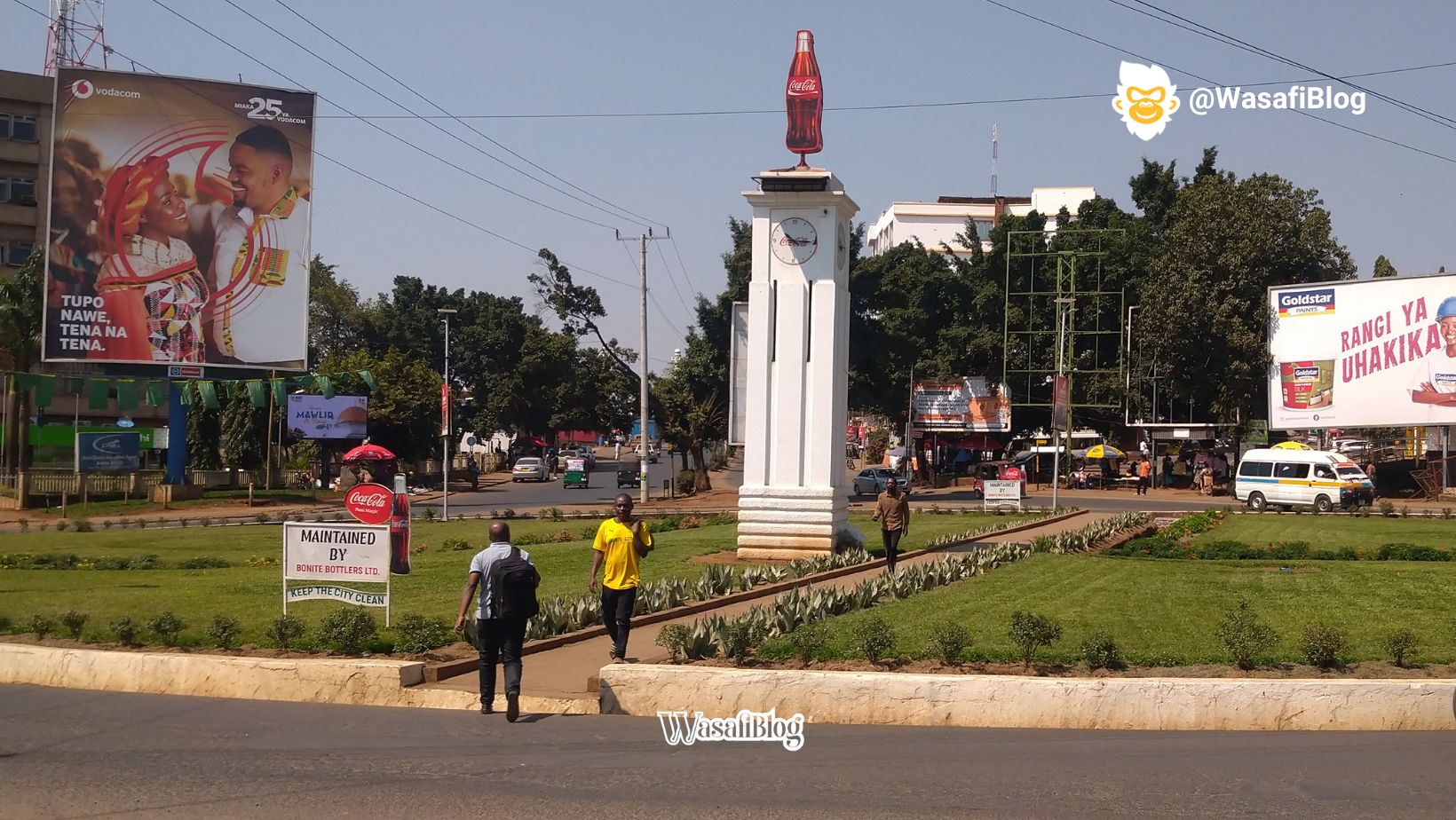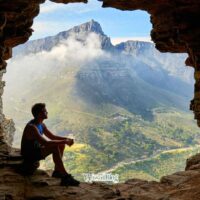Planning a family trip in Tanzania is the stuff of dreams. We’re talking about your kids seeing their first elephant, the whole family gathered around a campfire under a blanket of stars, and waking up to the distant roar of a lion. It’s pure magic. But between the dreaming and the doing, there’s a crucial step: choosing where you’ll rest your head. The right family safari lodge isn’t just a place to sleep; it’s your home base, your sanctuary, and a huge part of the adventure itself.
Picking that perfect spot can feel overwhelming. A quick search reveals hundreds of options, from classic stone lodges to romantic tented camps. So, how to pick the safari lodge that will turn a great trip into an unforgettable one for your family?
Don’t worry, we’ve got you. We’ve spent years helping families find their perfect fit, and we’ve learned a thing or two. Let’s break down exactly what you need to consider to find the perfect safari lodge for your family trip in Tanzania.
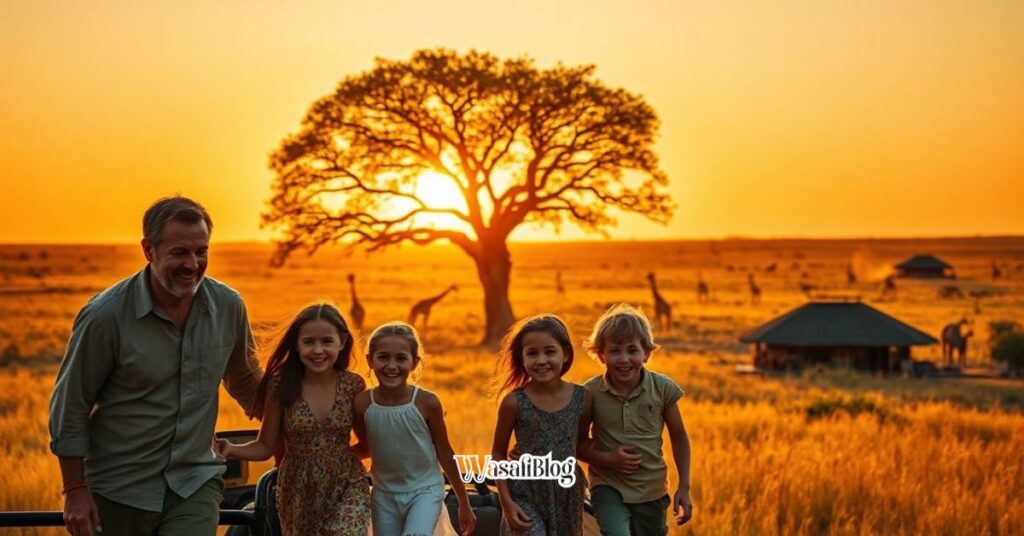
1. Location, Location, Location (Because the Wildlife Is!)
First things first: where in Tanzania’s vast wilderness do you want to be? The location of your lodge directly impacts your daily experience, especially with kids in tow. The last thing you want is to spend hours driving just to get to the park entrance every morning.
- Inside vs. Outside the Park: Lodges located inside a national park like the Serengeti or Tarangire offer an incredible advantage: you are immersed in the action 24/7. Game drives can start the moment you leave your front door. Lodges outside the park boundaries are often more affordable and can offer unique cultural experiences, but require a daily drive to and from the main wildlife areas. For families, minimizing travel time is often a huge win.
- Proximity to Key Areas: In the Serengeti, do you want to be in the central Seronera region, known for its year-round big cat sightings? Or in the Northern Serengeti, hoping to catch the Great Migration river crossings (seasonal)? Near the Ngorongoro Crater, do you prefer a lodge on the crater rim with breathtaking views or one in the lush highlands of nearby Karatu?
Think about your itinerary and choose lodges that create a seamless, low-stress journey between destinations.
2. “Family-Friendly” is More Than Just a Label
Many lodges claim to be family-friendly, but what does that really mean? When you’re searching for a safari lodge for family adventures, you need to dig a little deeper.
Here’s our checklist of true family-friendly features:
- Accommodation: Look for lodges offering family suites, villas, or interconnecting rooms. Having a separate sleeping area for the kids means you can relax after they go to bed without having to whisper in the dark. A private veranda or plunge pool is a massive bonus for some downtime between drives.
- Age Restrictions: This is a big one. For safety reasons, some lodges, particularly unfenced camps in prime predator territory, have a minimum age limit (often 8, 12, or even 16). Always confirm this before you fall in love with a property.
- Kid-Specific Activities: The best family lodges understand that kids (and teens!) need more than just game drives. They offer engaging programs like junior ranger courses, guided nature walks around the property, learning to make a fire with Maasai guides, bow-and-arrow lessons, or even storytelling sessions. A swimming pool is practically a non-negotiable for most family trips—it’s the perfect way to burn off energy in the African sun.
- Dining Flexibility: Safari schedules can be rigid, but family life isn’t. A great lodge will offer flexible meal times and have a kid-friendly menu that goes beyond the basics. They’ll understand that after a long day, sometimes a simple plate of pasta is exactly what a tired child needs.
3. Tented Camp vs. Solid Lodge: What’s Your Family’s Vibe?
This is one of the most exciting choices you’ll make! The style of your accommodation sets the tone for your safari experience.
- Classic Safari Lodge: These are permanent structures made of stone, wood, and thatch. They feel solid and secure, often offering amenities similar to a traditional hotel, like larger common areas, a spa, or a gift shop. This can be a comfortable and reassuring choice for families with very young children or first-time safari-goers.
- Tented Camp: Don’t let the word “tent” fool you. We’re not talking about camping in your backyard. These are luxury canvas suites built on permanent platforms, complete with proper beds, fine linens, and full ensuite bathrooms with flushing toilets and hot showers. The magic of a tented camp is the immersion. You’ll hear the sounds of the bush at night—the distant whoop of a hyena or the gentle munching of a zebra just outside your canvas wall. It’s an incredibly thrilling and authentic experience.
Many families find a mix of both to be the perfect combination for their family trip in Tanzania.
4. Family Safari Lodge Budget: Luxury, Mid-Range, and Value
Safari lodges come in a wide range of price points. It’s helpful to understand what you get at each level.
- Luxury: Expect top-tier service, gourmet food, stunning design, and often private amenities like a plunge pool or a personal butler. Game drives are typically in private vehicles with the most experienced guides.
- Mid-Range: This is the sweet spot for many families. These lodges offer fantastic comfort, excellent food, beautiful locations, and great guiding without the ultra-luxe price tag. They provide a phenomenal safari experience and excellent value.
- Budget-Friendly: More basic in terms of amenities and design, but still clean, safe, and well-located. This tier allows families to experience the magic of a Tanzanian safari without breaking the bank.
Remember, most lodge prices are all-inclusive, covering your room, all meals, and sometimes drinks and laundry. When you factor this in, the value becomes much clearer.
5. The Final Checks: Safety and The Little Details
Finally, let’s talk about the practicalities that ensure peace of mind.
- Fenced vs. Unfenced: A fenced property allows children to run around more freely between the main lodge and your room. An unfenced property means wildlife can (and does!) wander through camp, which is an incredible thrill. In unfenced camps, you will always be escorted to and from your room after dark. Both are perfectly safe; it’s simply a matter of preference and the age of your children.
- Wi-Fi: Manage expectations. Internet in the bush is often slow and usually only available in the main lounge area, if at all. We like to see this as a feature, not a bug—a wonderful opportunity for a family digital detox!
- Reviews: Look up recent reviews, specifically from other families. Their firsthand experiences can offer invaluable insight into whether a lodge truly delivers on its family-friendly promises.
Your Perfect Safari Home Awaits
Ultimately, the “best” safari lodge for your family trip in Tanzania is the one that best meets your unique needs and desires. It’s about finding that sweet spot between incredible wildlife encounters, comfortable and suitable accommodation, engaging activities for all ages, and a warm, welcoming atmosphere.
Feeling ready to find your family’s perfect safari spot? We’re here to help. With our on-the-ground knowledge, we can match you with the best safari lodges that will make your family trip in Tanzania a collection of memories you’ll share for a lifetime.
Have you been on a family safari to Tanzania? Share your lodge recommendations or tips in the comments below!

